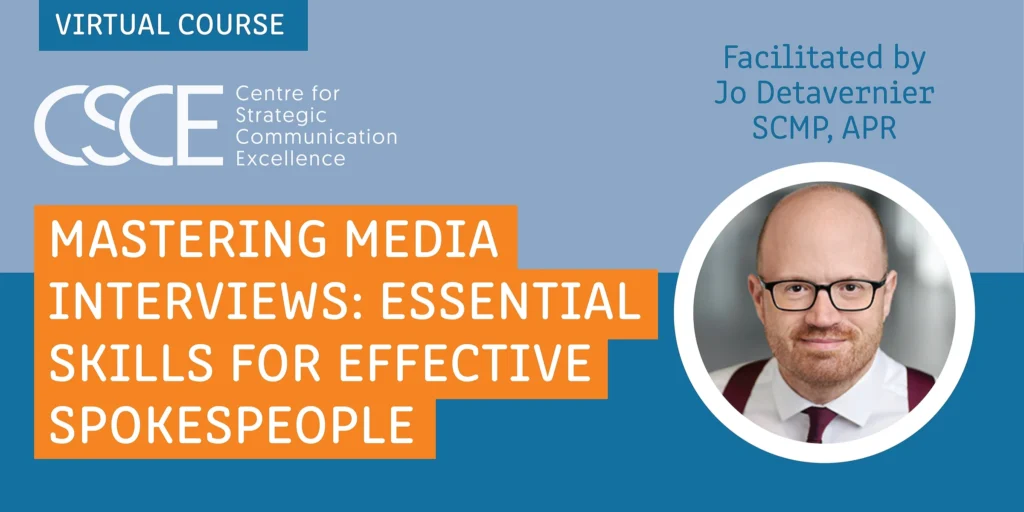The vaccine roll out has started, not surprisingly with much fanfare. A smiling Prime Minister as he received his jab. Happy front-line workers boasting they were in the top ten.
Even the Queen has been quoted saying how coronavirus vaccine is “quick and doesn’t hurt.”
The success or otherwise of the COVID vaccination roll-out in Australia will very much depend on how well the information is communicated or not. And there are inherent reputational risks as much as there are health risks with low vaccination rates inhibiting the much desired ‘herd immunity.’ (Herd immunity is when the proportion of the population that has acquired immunity is high enough to protect those who are not immune.)
There are also legal considerations, not only personal ‘sovereign rights’ and the potential of overt and covert discrimination, harassment and bullying for those who refuse or choose not to have the vaccine, but the fact that there are new laws mandating reporting of vaccination.
According to The Conversation: “The changes to the Australian Immunisation Register Act 2015 will mean vaccination providers, such as GP clinics, will need to report to the government who was given the COVID-19 vaccine, both within and outside of Australia.”
“Vaccine providers will have no choice but to add personal information to the register about people’s vaccination status.”
Tricky.
As friend and colleague, Sia Papageorgiou, FRSA, SCMP, strategic communication consultant and trainer says “understanding your employees and their motivation is key. A one-size fits all communication approach won’t work.”
Culture, values and ethics will be at the heart of the communication strategy. For example, what is the current practice and culture of communicating about existing health practices? What worked when communicating about mandatory mask wearing? Encouraging an annual flu jab? Smoking? Safe work practices?
A poster in the workroom will be insufficient.
What will work is putting strategic communication health professionals and behavioural experts at the centre of the decision making. Consult, consult, consult. Listen, listen, listen. Monitor, monitor, monitor.
Simply providing people with information does not necessarily lead to behaviour change.
Behaviour-change communication experts have documented how important it is for the communication to appeal to the values and beliefs already held in the communities, such as the desire to protect loved ones, rather than bombarding everyone with scientific facts. That will be a total turn-off. Tell stories instead. And remember that about 25% of the adult population have a fear of needles so avoid using needles in images.
Here is a summary based on science and best-practice:
- Be audience centric.
- Maintain diversity in messages, channels and spokespeople – language really matters.
- Use a range of media channels that are appropriate to your employee population.
- Work with peak bodies, health professionals and community groups in your industry/profession to assist with distribution of messages.
- Engage with key religious and community leaders in addressing concerns about vaccination and adapt messaging to suit.
- Listen, listen, listen – to measure community ‘pulse’ and adapt messaging accordingly. This is particularly important to identify and mitigate misinformation.
- Highlight positive social norms, behaviour and challenge media that exaggerate or sensationalise vaccine opposition. For example, highlighting positive memes that gain traction.
- Ensure your communication strategy encourages two-way communication and focuses on transparency.
- Adopt the 15-minute rule to correct misinformation; i.e. within 15 minutes of incorrect information being public, correct to reduce exposure and prevent the spread of damaging information.
- Use data to adapt and update communication as the vaccination roll-out ‘matures.’
- Establish a shareable, central repository of information/data bank for COVID-19 resources.
- Establish and communicate protocols and procedures. For example, employees attending on-site vaccination clinics as part of their work-day.
- Develop a crisis communication plan and management strategy for addressing any vaccination-related events, e.g. clustering of immunisation stress-related responses.
There are obligations, risks and opportunities for organisations with the COVID-19 vaccination roll-out. The key is to consult and put a plan in place, and communicate effectively, strategically, deliberately – that’s the only way to mitigate reputational risk.
Above all, plan like a sociopath, and act like a saint.





